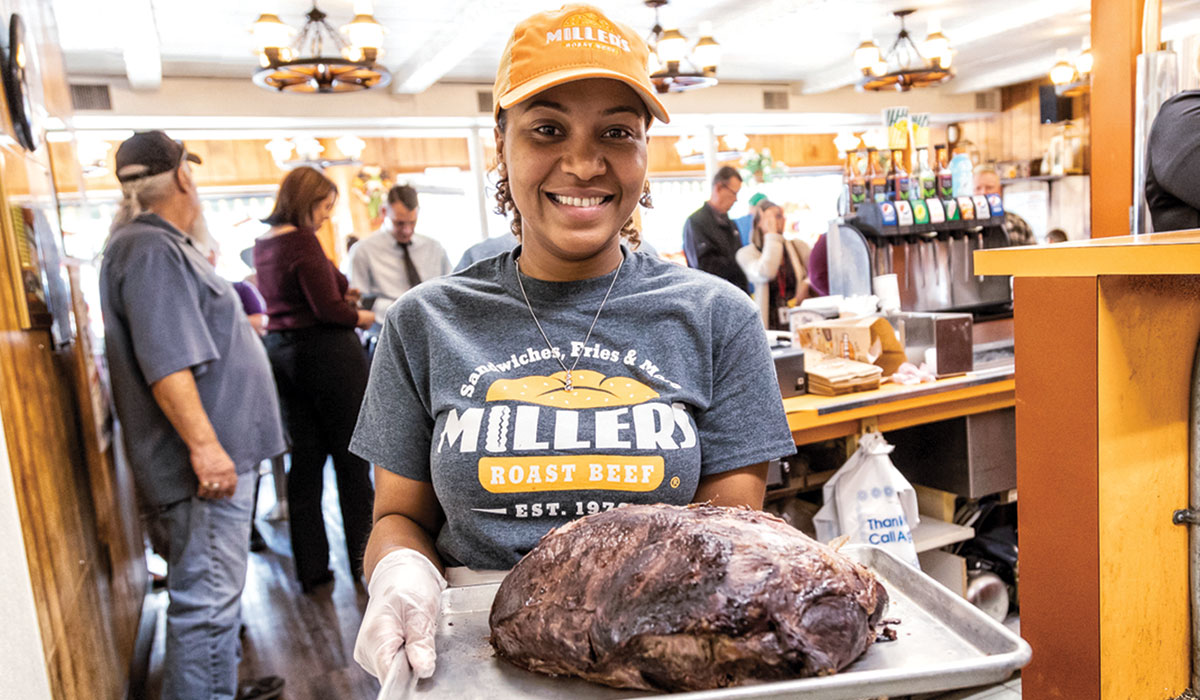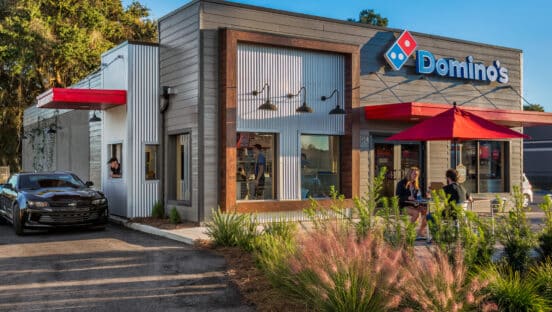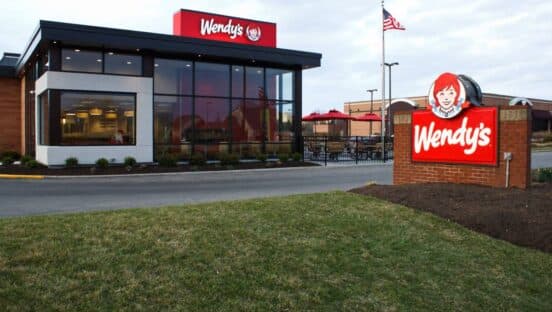In May, Gwen Graham and her husband, Roger, along with his parents and grandparents, stood together to receive Rhode Island’s Jeffrey Butland Family Owned Small Business of the Year Award for Miller’s Roast Beef. The honor was especially meaningful because all three generations of Millers and Grahams had been or are the owners of the fast-casual sandwich concept.
“We’ve been in business for three generations. Only 5 percent of businesses make it to the third generation. For the first two generations, not a dollar was spent on advertising, which is kind of amazing,” says Graham, president of Miller’s Roast Beef. “It speaks to the connection we have with people.”
That connection did not always extend to franchisees. For 47 years, Miller’s remained a corporately owned brand with two locations. But the Grahams recently decided to expand into franchising, meaning that just like other franchised concepts, they now must discover how to balance both franchise and corporate growth.
Graham says the team will sell franchises to people who share their human-focused values and commitment to quality ingredients and service. They aim to sell between three and five franchises during their first year, and to scale accordingly. For a brand with a long-established corporate presence, franchising presents unique benefits and challenges.
“Our business model is a well-oiled machine; it really works,” Graham says. “And we have a style of sandwich that no one else is doing.” Additionally, the Grahams both have external business backgrounds. Combined with the family knowledge and experience, franchisees will have the opportunity to work with franchisors who understand business and “have gone through exactly what they’re going through.”
It’s emotionally challenging to entrust someone with a brand that has been in the family for nearly five decades, she says. At the same time, it’s tricky to balance the excitement of having many interested candidates with the need for the smart, controlled growth that Miller’s is determined to achieve. “It’s an incredible brand to protect,” she says. “We need to partner with franchisees who are like us, because we have such a family aspect.”
Akash Kapoor, CEO of Curry Up Now, a Northern California–based Indian-street-food fast casual, is growing smartly by embracing both corporate and franchise growth. The brand, which simplifies Indian cuisine by presenting authentic flavors in creative and casual ways (like burritos and poutine), began as a food truck in 2009 and has since become the fastest growing and largest Indian fast casual in the country. Kapoor wants it to be the “biggest and baddest Indian food brand.” There will soon be seven corporate stores, and the company has sold more than 40 franchises nationwide.
Kapoor sees franchises as the primary growth vehicle for the next few years, but anticipates an eventual outpacing by corporate stores. He believes the balance of both is essential to his vision for Curry Up Now.
“Corporate growth keeps you on your toes. Without corporate growth, there can’t be franchising, and with franchising, the corporate growth goes to another level,” he says. The process of franchising has required the Curry Up Now team to break down and document recipes and every other operating system so that they can be replicated—a task Kapoor says was difficult but good for the brand. Franchising also allowed the company to expand at a rate that would have been impossible to do solely through corporate growth. The pressure, both financially and otherwise, would have been too much, he says.
Katy, Texas–based Kolache Factory has also used franchise and corporate growth to popularize foreign specialties in the U.S. Kolaches are a traditional, eat-on-the-go Czech pastry filled with cream cheese or fruit. In 1982, John and Jerri Banks bought a kolache bakery in Houston and began to grow it, adapting the pastry rolls as they went. Beloved Czech flavors still sell well, but so do Philly cheesesteak; bacon, egg, and cheese; and other savory varieties.
Kolache Factory didn’t franchise until 2000, when it had 11 corporate stores. But a desire for growth and regular inquiries from would-be franchisees helped the Bankses decide to go that route—though not at the expense of more corporate stores. “There was always an intention for my father to expand the brand, especially in Houston, where there are a lot of areas that continue to grow,” says COO Dawn Nielsen, the Bankses’ daughter. “There was never the idea of, we want so many franchises versus corporate stores; they were thought of independently.”
If a desirable location became available, a corporate store opened. If a qualified franchisee wanted to open a store in a growth market, a franchise store opened. Today, there are 58 Kolache Factories in nine states; 26 are corporate stores and 32 are franchises. Nielsen sees franchises continuing to outpace corporate stores, though the company will keep growing its own store base. This approach has allowed Kolache Factory to keep striving toward the Bankses’ original goal of having more than 200 units.
For Kolache Factory, the benefits of corporate and franchise growth go beyond expansion. “It’s nice to be a player and have a good number of locations, so not only can we make the rules, but the franchisees also can see that we have vast experience and knowledge and have probably experienced some of the same pain as them,” Nielsen says. “Franchisees know that if corporate’s doing or not doing something, there’s a reason.” At the same time, franchising opens corporate up to different opinions, which can provide needed perspectives.









